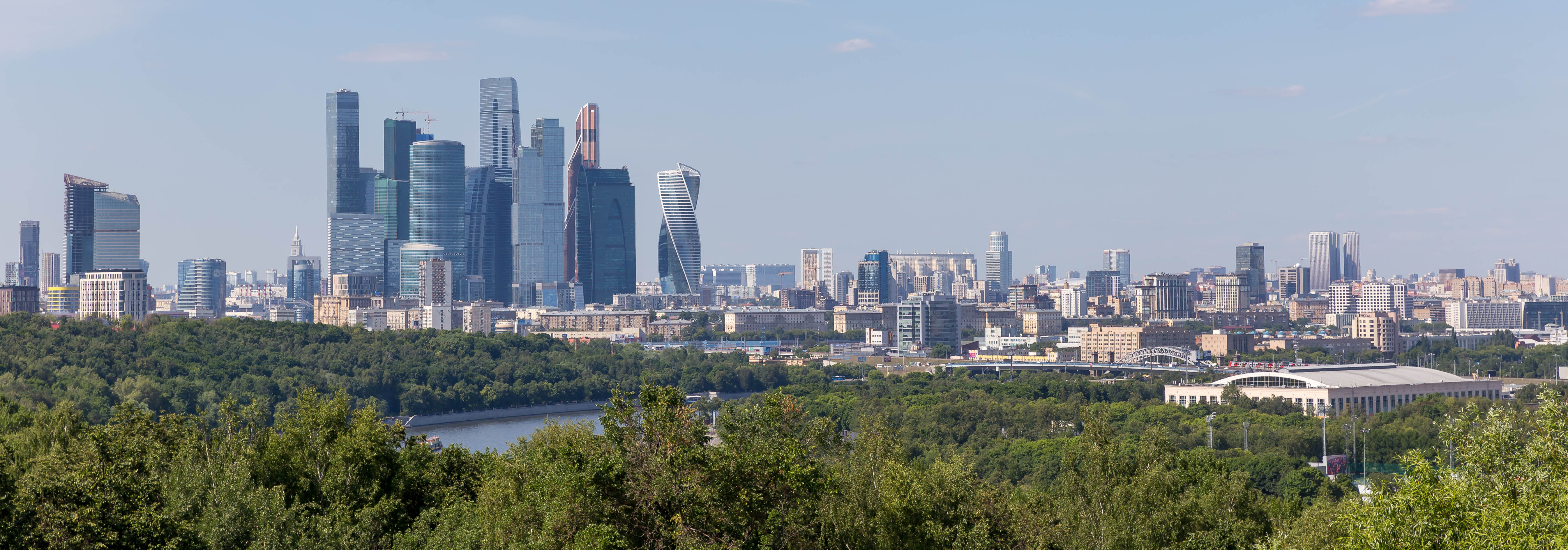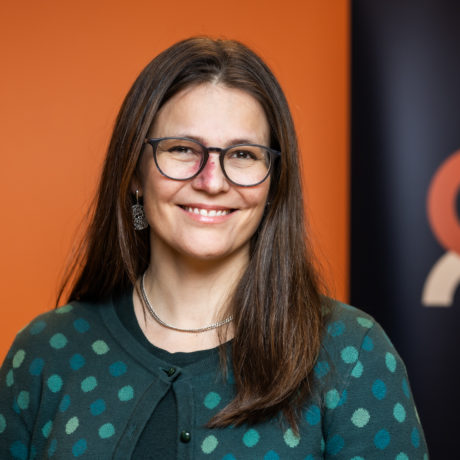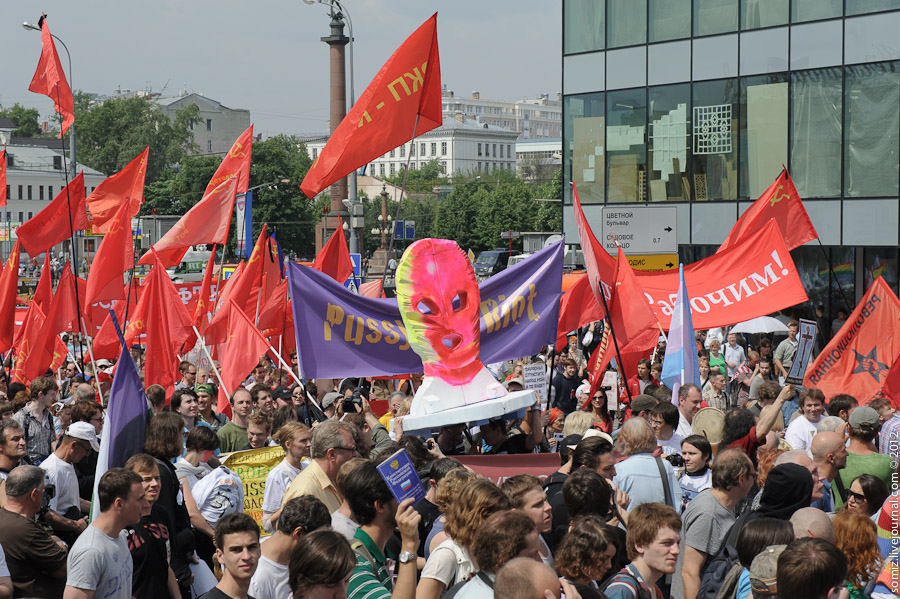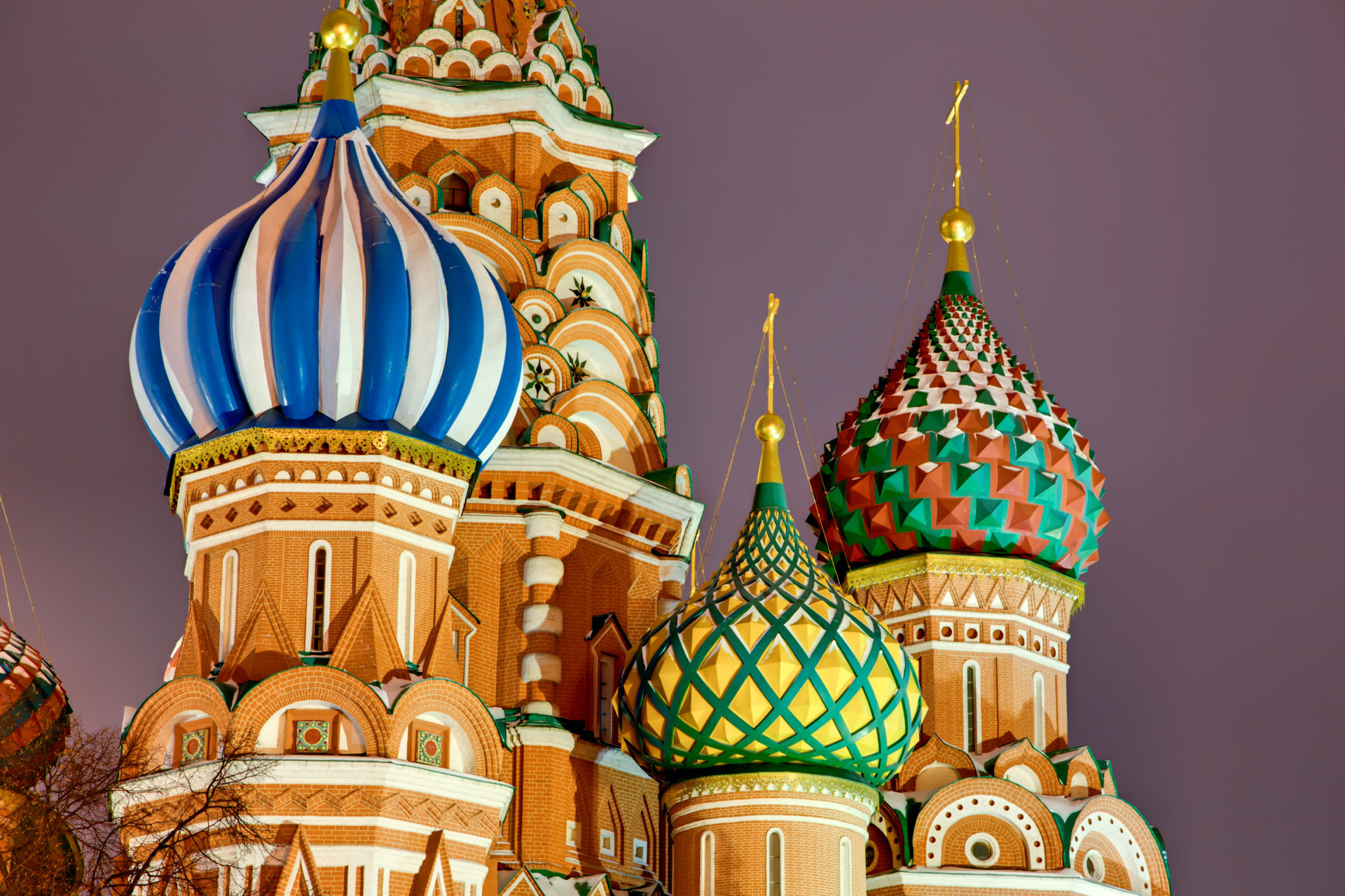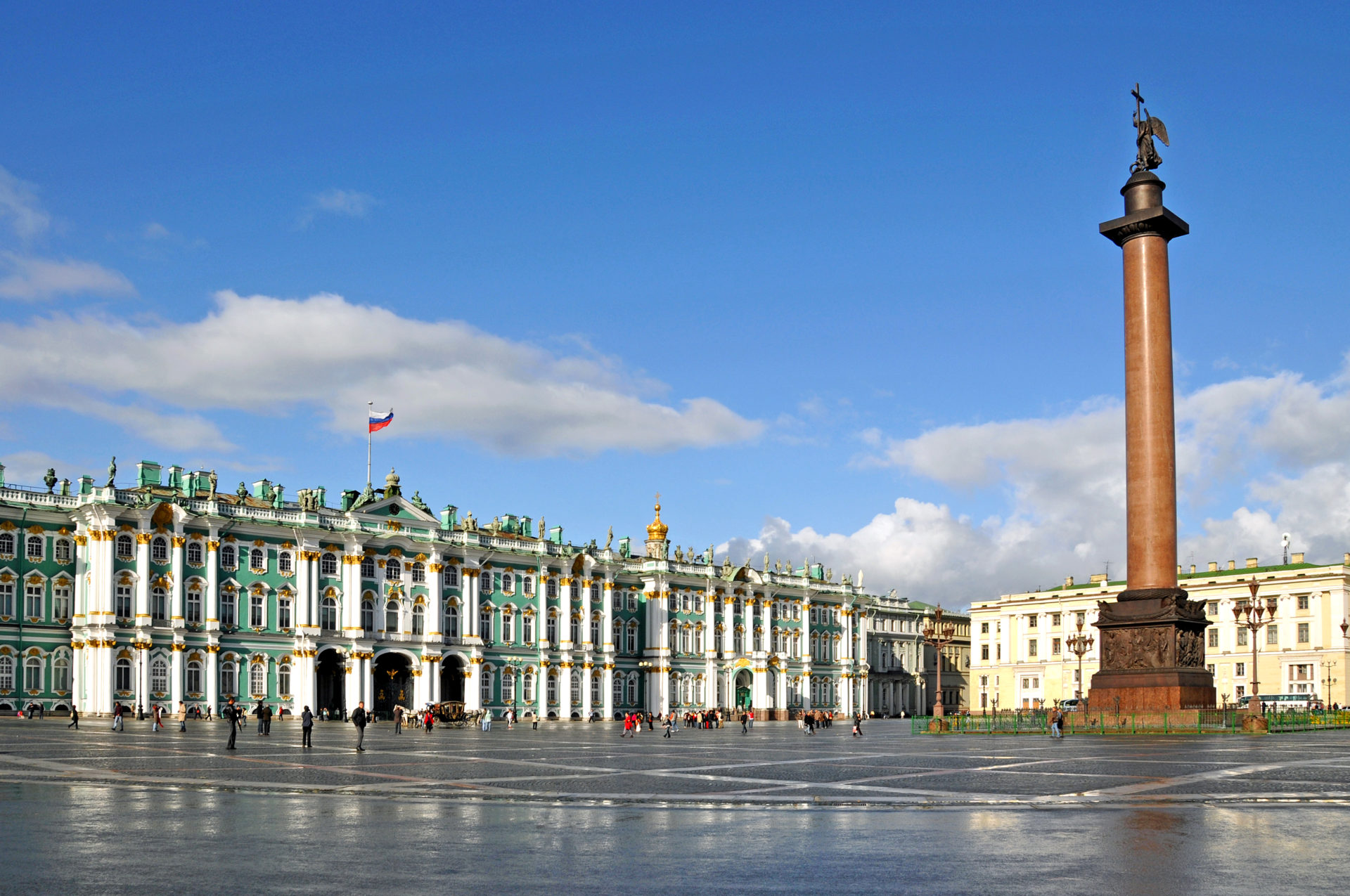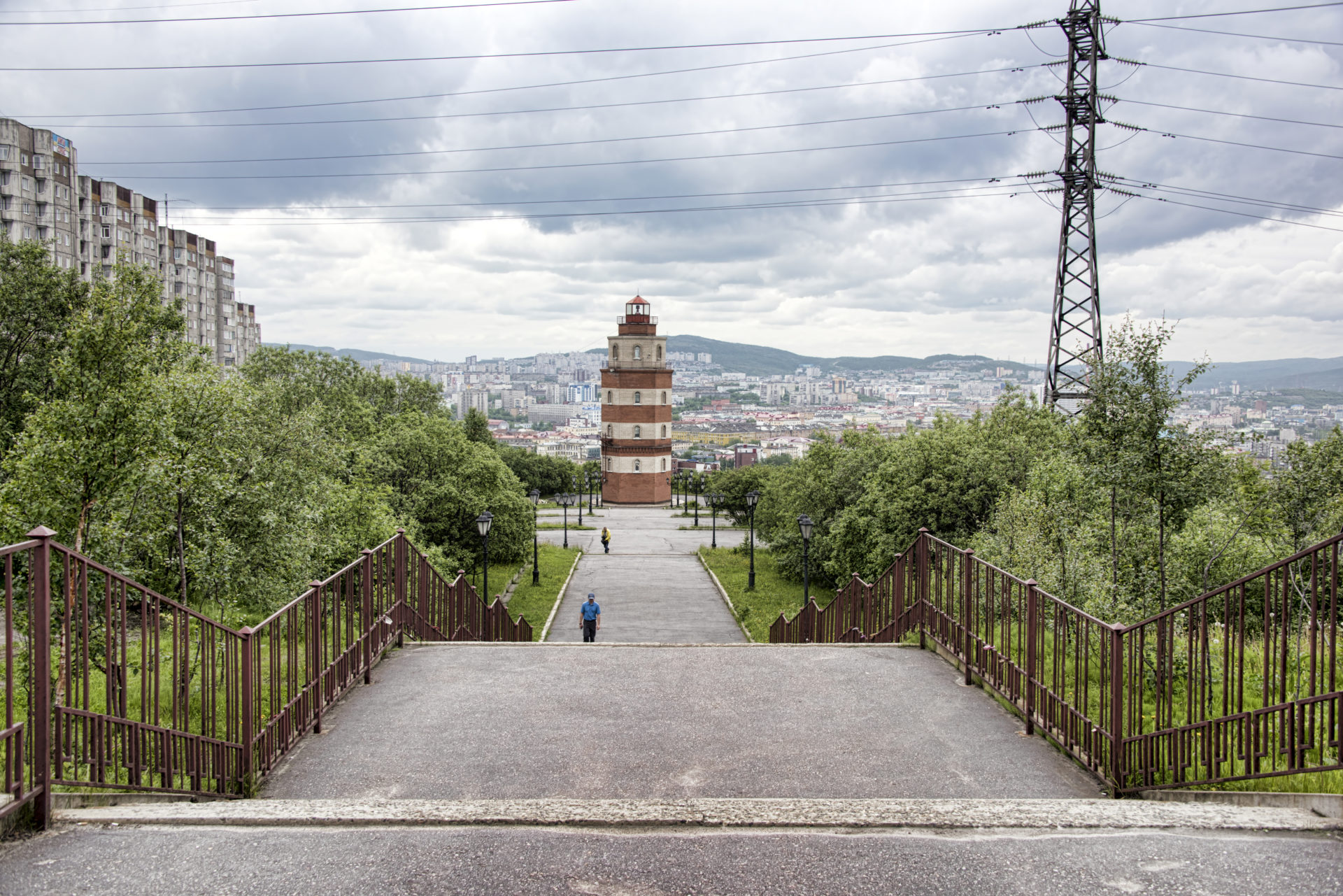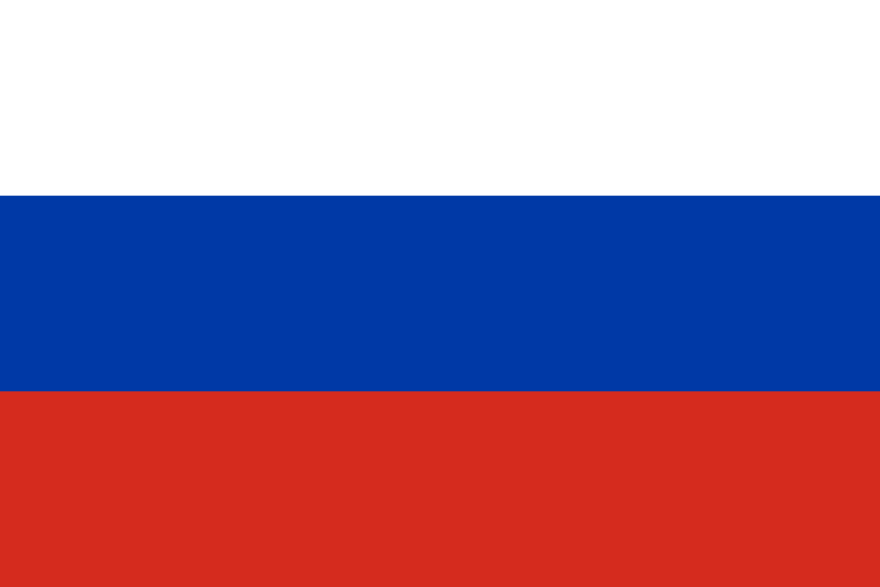
Russia
- Governance: Republic, Federal state
- Capital: Moscow
- Population: 143 million
- Religion: Russian orthodox Christianity, minorities of Muslims, Jews, Protestants etc.
- Language: Russian, and minority languages
- Location: Northern Eurasia
- Democracy index: Not free, 20/100
Over 200 nationalities live over nine-time zones in Russia. In infertile mountain sides, lush grain fields, deep forests, wide plains, modern world cities, poor villages and historical sites. Politics unite and divide, but Russia is so much more than whoever is governing from the Moscow Kremlin.
Russia is the successor state to the powerful Tsarist Empire and the Soviet Union. However, the country has not adequately dealt with its past to fully obtain the desired role today. Human rights violations and social challenges, in addition to rampant corruption, limit development. At the same time, the authorities make provocative geopolitical steps.
Russia today
Supported by a high price on oil, tough rhetoric and government controlled media, Putin secured his popularity domestically and internationally, despite several larger terrorist actions and accidents that caused the death of many Russian citizens in the 2000s. Several Putin critics have been killed over the last years, others have been imprisoned, and many have left the country. Following the large public protests after Putin and Medvedev changed jobs in 2008 and back in 2012, increasingly restrictive legislation has been introduced against civil society and regular citizens, in particular minorities.
In 2008, Russia’s short war with Georgia didn’t cause any direct consequences for Putin, but the annexation of Crimea and the initiation of the war in Eastern Ukraine in 2014, led to sanctions against core Russian actors. A strong war of words based on fake news and extensive propaganda, has set fire to several international conflicts and polarised the relationship with Russia and several countries worldwide. A weakening economy coupled with strong public discontent with war and social problems, are threatening Putin’s popularity domestically.
NHC and Russia
The Norwegian Helsinki Committee has co–operated with and supported dissidents, activists, lawyers and journalists in Russia since 1977. Paying attention to dialogue, we have also had several co–operation projects with Russian governmental institutions like the ombudsman office, prison authorities and schools through human rights education, exchanges and other initiatives. The main methodology is solidarity and support to Russian citizens who fight corruption, torture, election fraud, an ineffective court system, threats and abuse in their own country. We have paid particular attention to the North Caucasus, and we are documenting abuse through Natalia Estemirova Documentation Center.
Read more about the Documentation Center here.
Election and observation
We have also observed several elections together with local partners. Through long term support, we have contributed to a strengthened civil society where activists, journalists and lawyers support each other, assist victims of human rights abuse, and do preventive work. In parallel, we work amongst the public and decision makers internationally to disseminate and advocate the work of the «the other Russia».
History
Before the Russian revolution in 1917, the Tsars ruled the powerful Russian empire for centuries. A consequent civil war later led to the establishment of the Soviet Union. Stalin’s terror created deep trauma through extensive surveillance, imprisonment in GULAG camps, famine, forced industrialization, deportations of whole nations, censorship and fear. After his death in 1953, a certain thaw influenced the regime and the Cold War, but not even Gorbachev’s glasnost, in the 1980s, dealt adequately with the past.
In 1991, the Soviet Union was dissolved into 15 separate republics. Boris Yeltsin’s consequent economic shock therapy was a heyday for organized crime and led many Russians into poverty and chaos, but also provided many with a long awaited taste of freedom. The federal republic of Chechnya became the battlefield for two brutal wars, wars that also brought Vladimir Putin to power as Yeltsin’s crafty heir. He has ruled Russia since 1999.
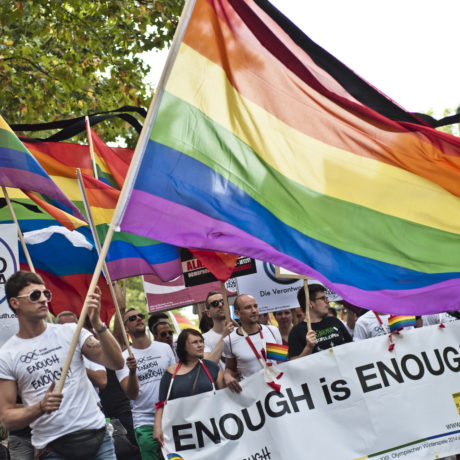
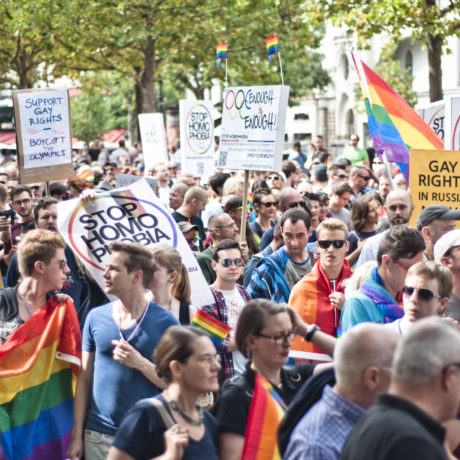
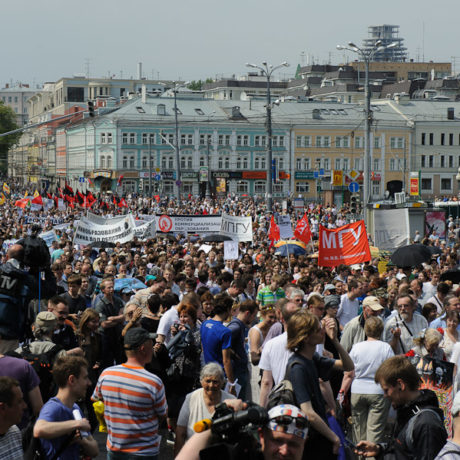
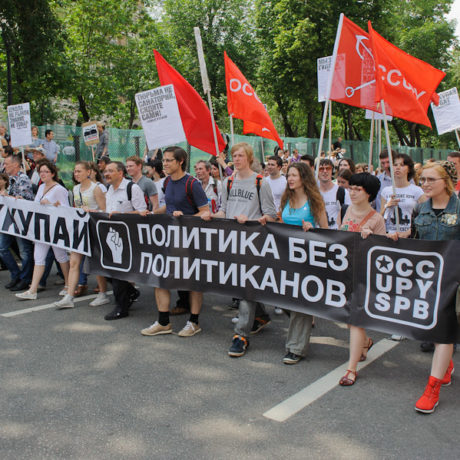
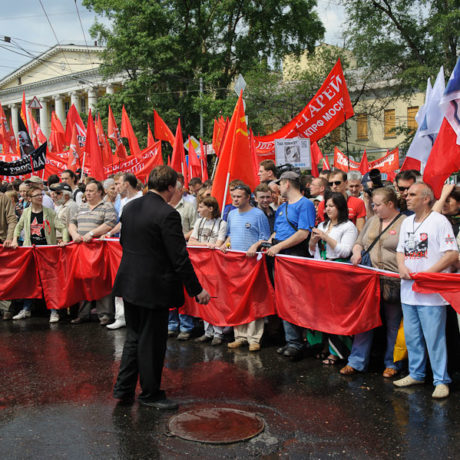
Timeline
- 1917 – 1922: The Russian revolution and civil war. From Tsarist Empire to Soviet Union
- 1928 – 1953: Stalin’s terror
- 1985: Gorbachev, glasnost and perestroika
- 1991: Collapse of Soviet Union, economic chaos
- 1999: Putin becomes Prime minister, then President
- 2008: Russia attacks Georgia
- 2011-12: Bolotnaya-protests after Putin’s and Medvedev’s change of roles
- 2014: Russia occupies Crimea and initiates war in Eastern Ukraine
Contacts
Employee
